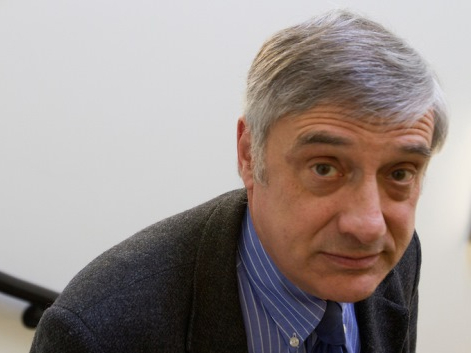Dutch-born economist wins Nobel for work on creative destruction

A Dutch-born academic has shared this year’s Nobel Prize in Economics for his pioneering work in understanding the role of “creative destruction” in technological advances.
Joel Mokyr’s work was crucial to understanding how products become obsolete as they are overtaken by new technologies, a process that has contributed to the rapid development of societies since the Industrial Revolution.
An example would be video cassettes being superseded by DVDs, which in turn disappeared with the rise of streaming services. Mokyr showed how these developments “enhance each other and create a self-generating process, leading to sustained economic growth,” the prize committee said.
The 79-year-old US citizen, born to Jewish parents in Leiden, will share the €1 million prize with Canadian Peter Howitt and Frenchman Philippe Aghion.
His family survived the Holocaust in the Netherlands, but his father died of cancer when Mokyr was a year old, so he was raised by his mother in Haifa, Israel.
He graduated from the Hebrew University of Israel in 1968 and obtained his PhD from Yale, writing his dissertation on stagnation in the Low Countries between 1800 and 1850. Since 1974 he has taught at Northwestern University in Illinois.
He received the Heineken Award for History from the Royal Netherlands Academy for Arts and Sciences in 2006.
The other two researchers, who will share half the prize money, used Mokyr’s work to build a mathematical model showing how market leading companies are eclipsed by new players that use new techniques to build superior products, in a “never-ending cycle of innovation and progress.”
The economists also said it was important to have a safety net for companies that fell out of favour and to promote openness and knowledge sharing – a clear reference to the Trump administration’s protectionist approach to global trade.
Thank you for donating to DutchNews.nl.
We could not provide the Dutch News service, and keep it free of charge, without the generous support of our readers. Your donations allow us to report on issues you tell us matter, and provide you with a summary of the most important Dutch news each day.
Make a donation